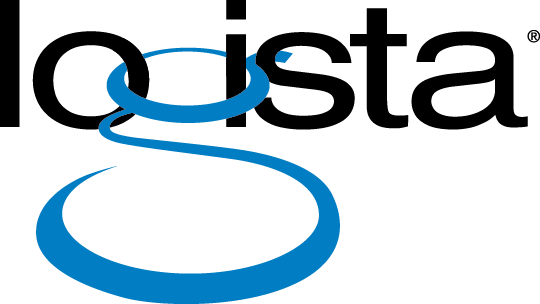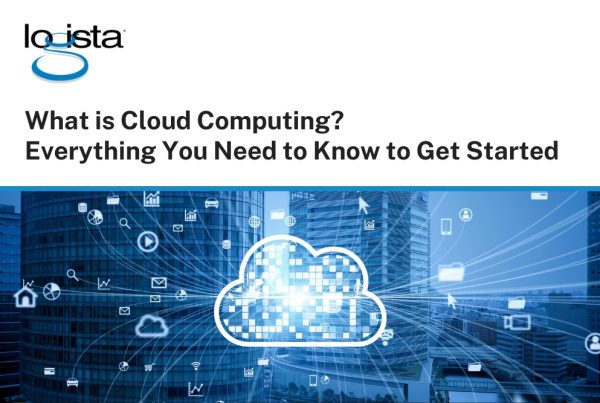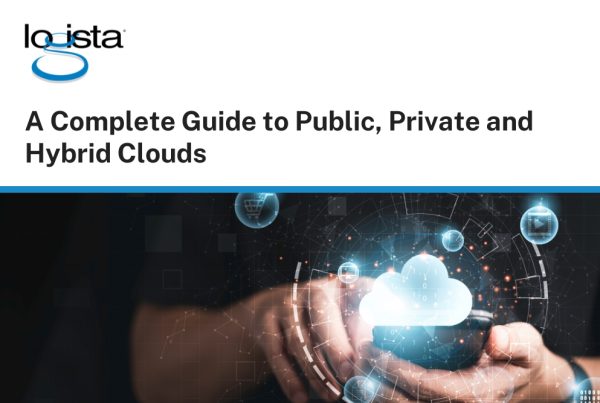Over the last few decades, the amount of data that organizations need to store and manage has grown exponentially. Cloud computing was created as a solution to creating costly physical space to store data. With the cloud, your confidential data is kept secure in a remote location where it is housed by a third party on their premises, not yours. You have access to your data, programs and apps over the internet and can use them just as if they were stored on your own computer.

There are three general categories of cloud types: public, private and hybrid. Here we will explain the differences and benefits of each type.
Public Cloud
Despite its name, a public cloud does not allow just anyone to log in and access data. Public means that this type of cloud is more accessible than other types, allowing secure access from any location. This makes it the most popular of the three cloud types. Small to large organizations find public cloud useful because of their high scalability and elasticity making it cost-efficient. Additional public cloud services are typically free or offered as an add-on through a subscription.
The pros offered by a public cloud include:
- Controlled access to your data
- Cyber security to protect your data
- Stringent penetration testing
- Saves time and money
- Pay only for the resources you use
- Host is responsible for maintenance and updates of the cloud
- No need to manage an onsite data center or purchase expensive equipment

Private Cloud
A private cloud is a cloud solution that is used for a single organization. Computer resources are not shared with other organizations. The resources for this type of data center can be located on-premises or off-site and managed by a third-party vendor. Your data, programs and apps are isolated and delivered to you via a secure private network. Private clouds are fully customizable to meet your unique business and security needs.
The benefits of a private cloud include:
- Having a dedicated environment for your use only
- It is somewhat scalable and can meet unpredictable demands without losing performance or security
- Highly efficient, yet flexible
- Customizable security to keep data safe and comply with regulations
While private clouds are efficient and secure, there are a few drawbacks, including:
- Higher cost than public cloud alternatives
- Limited access for mobile users because of higher security
- Depending on infrastructure, scalability may be limited, especially when the cloud data center only uses on-site computer resources
Hybrid Cloud
A hybrid cloud combines an on-site data center (private cloud) with the power and flexibility of a public clouds. Both systems can then share data and applications as needed. Agility is the major benefit of having a hybrid cloud to help businesses adapt and change directions quickly as their computing needs change. For example, if computing and processing demands increase beyond what the onsite data center can handle, a business can instantly scale up or down by tapping into the cloud. It is a more cost-effective way to get needed resources without spending the time or expense to purchase, install and maintain new servers that are only needed occasionally.
About Logista Solutions
Logista Solutions is a nationally recognized leader in a broad range of technology management solutions. As one of the largest technology support providers in the U.S., Logista provides innovative and holistic solutions to help companies take control of their IT infrastructure and achieve better business outcomes. Popular services include Managed IT as a Service, VoIP and Unified Communications, Managed Print, Cloud Services and Asset Disposition.



